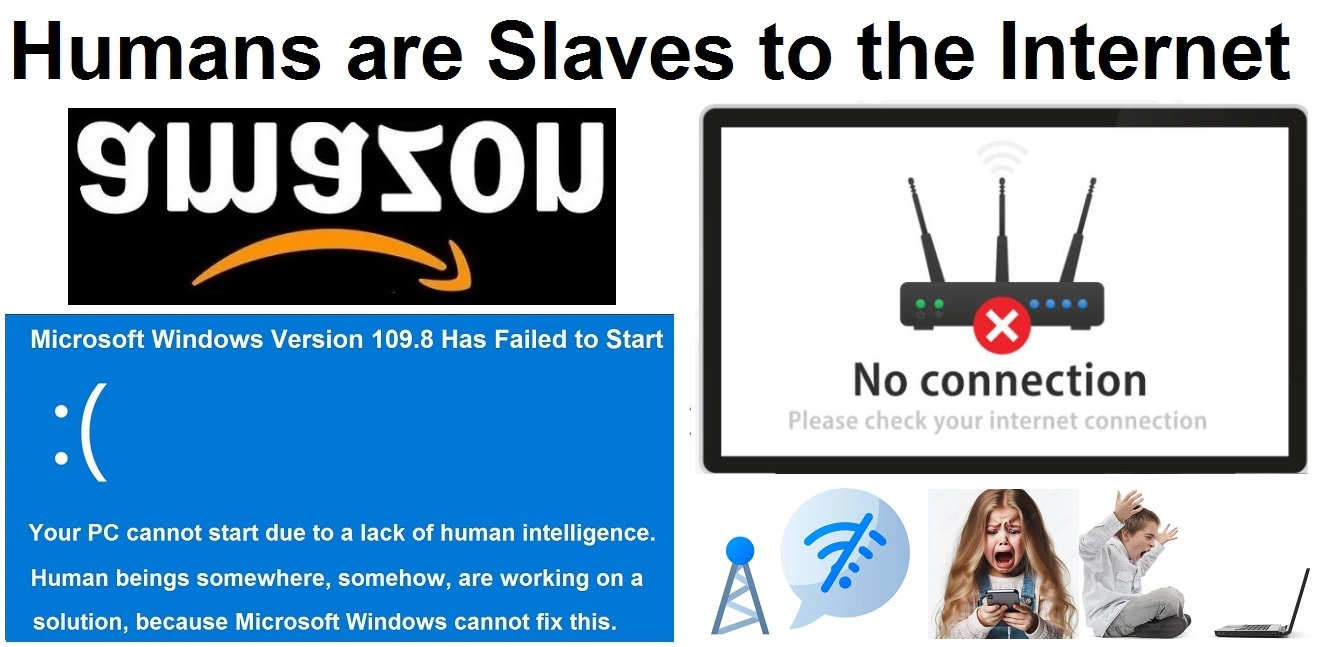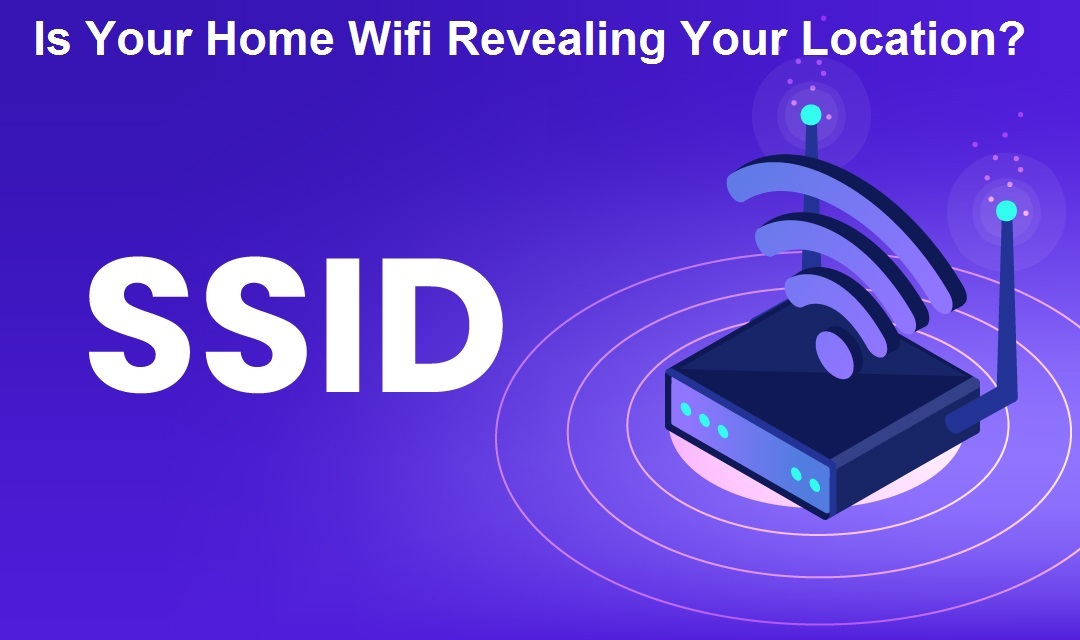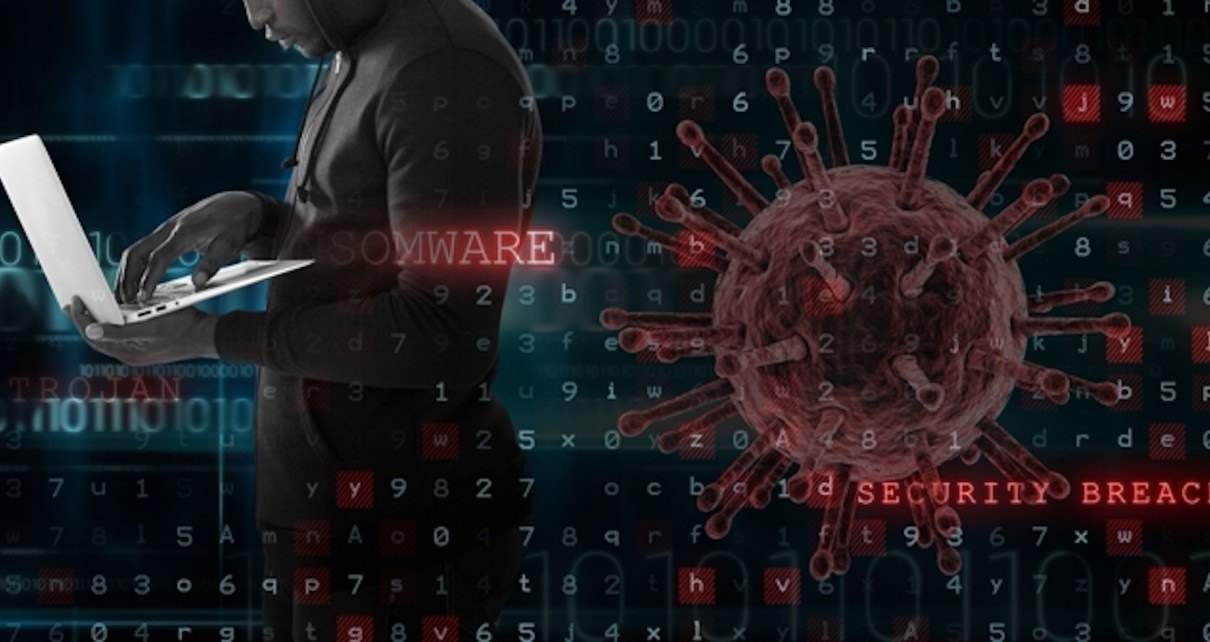Amazon Outage is Waking People up Regarding Our Slavery to the Internet – U.S. Government Failing in Defense Against Cyberattacks
In the wake of the Amazon Web Services (AWS) outage earlier this week, there have been numerous articles published in the media concerning just how vulnerable our society has become to just a few Big Tech companies here in the U.S. who control most of the Internet. Government services, banks, smart homes, cell phone services, the retail market and just about every other facet of our society today depends upon the Internet to keep things running, and most of the Internet now is hosted in huge Cloud data centers. About 70% of these data centers are owned by Amazon, Microsoft, and Google. Others are ramping up spending to get a piece of this pie, such as Larry Ellison's Oracle, with his close ties to Trump. And the main driver in the economy right now that is putting more and more of the Internet traffic into these data centers, is the AI bubble. This is a recipe for disaster, as I have been saying for years, and that others are now beginning to realize as well. Not only is the technology prone to accidents and failures, as technology ALWAYS has been, but they are also huge targets to hackers and cyberattacks. A new report published just this week found that for the first time in years, the United States is no longer making progress in bolstering its cyber defenses and is instead “stalling” and “slipping” in its ability to protect itself and allies. The primary reason for this is because IT technicians can make so much more money developing AI, which is where all the money is going in the private sector. But even the private sector spending $trillions on AI is running into a new obstacle: China controls 90% of the world's rare earth supplies that are needed to build these energy hungry computer chips, and they are not selling them anymore unless the country purchasing them can prove that they are not being used for military purposes, which pretty much excludes Big Tech in the U.S., because they are all defense contractors.








